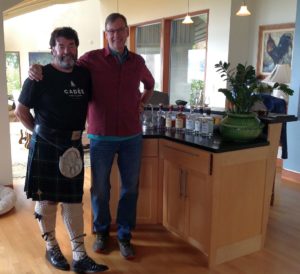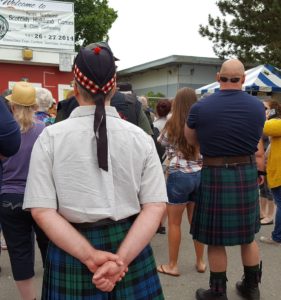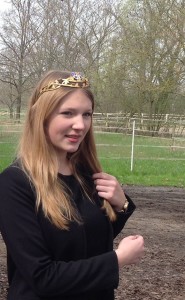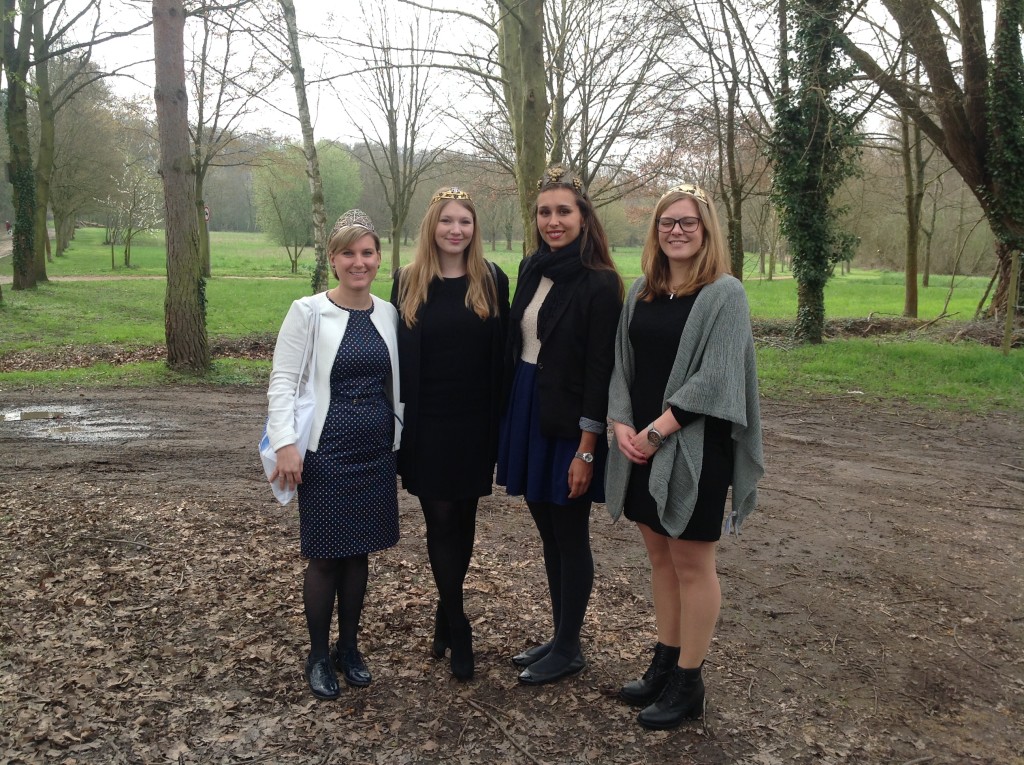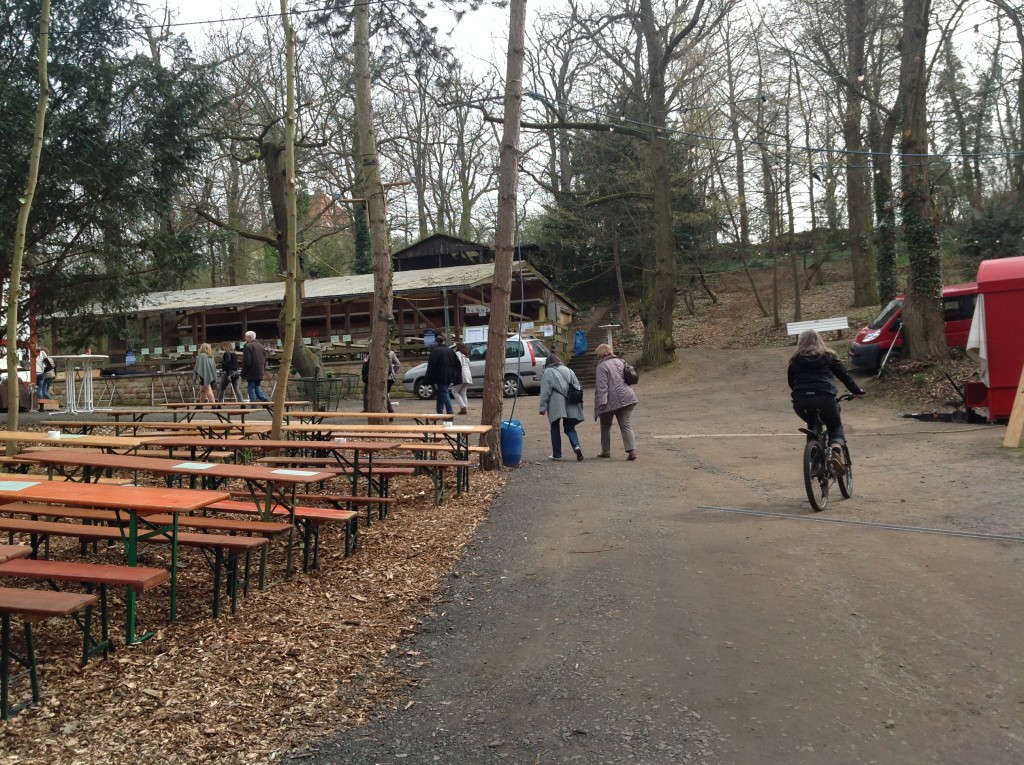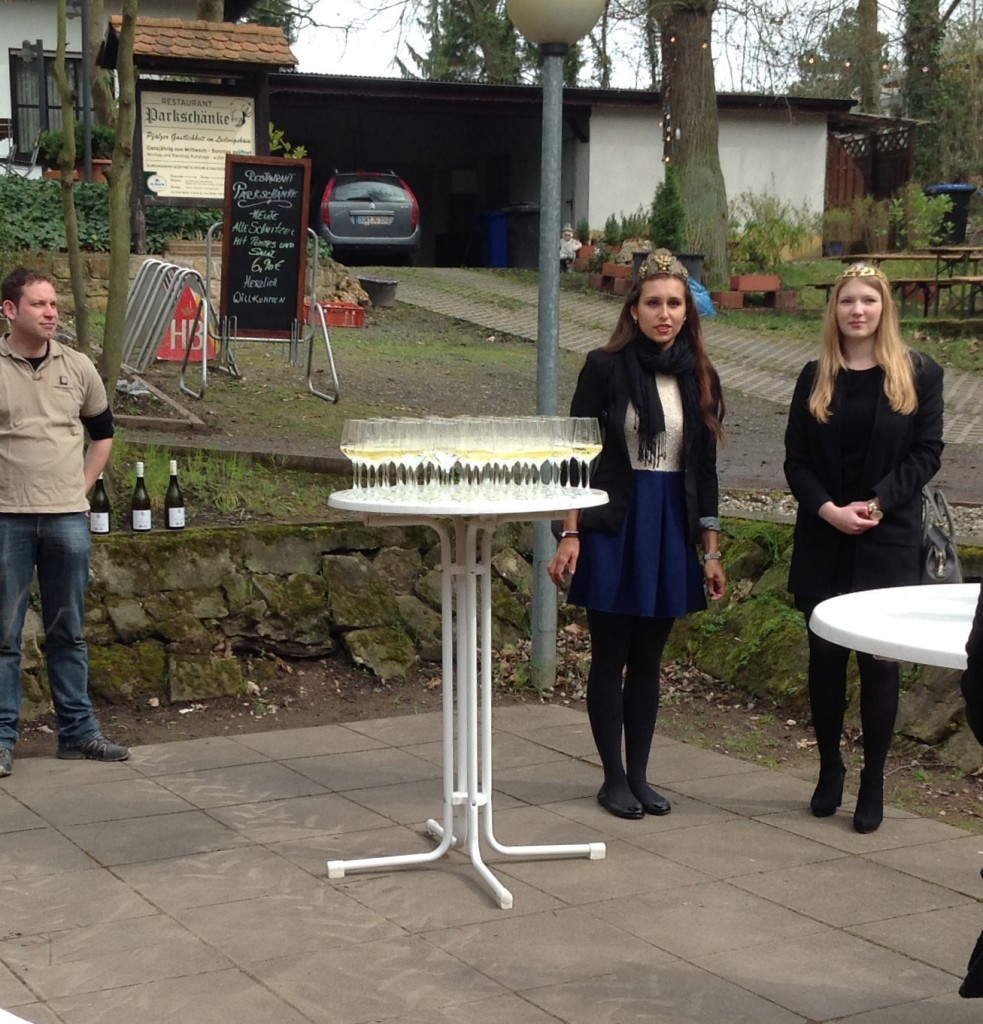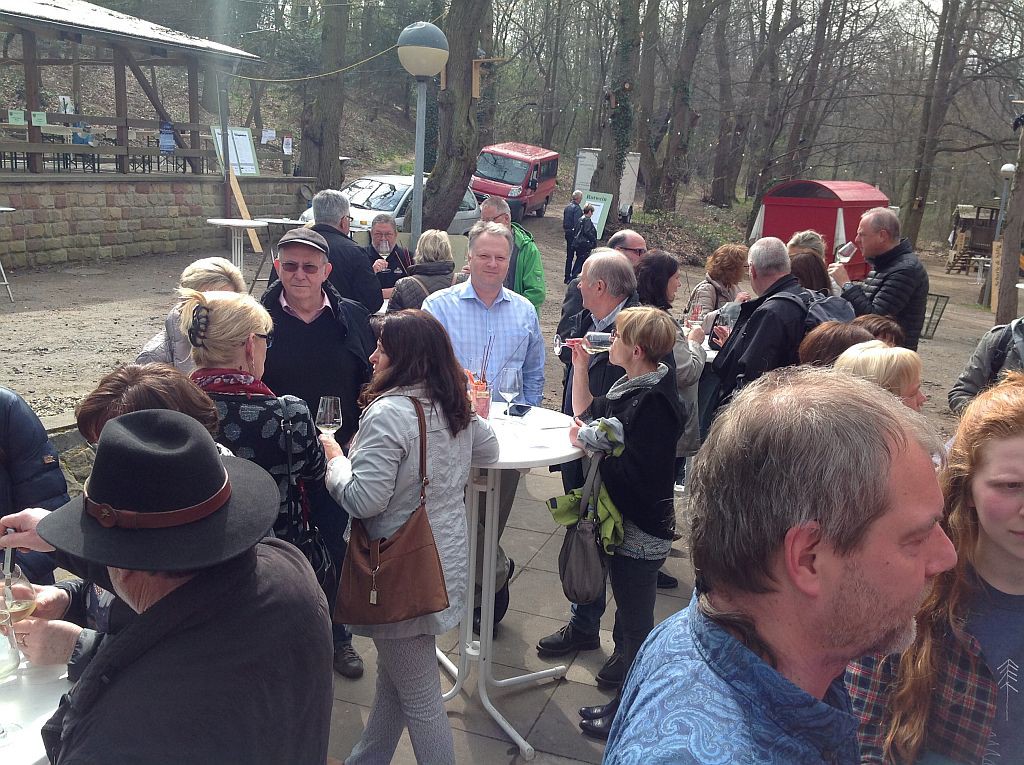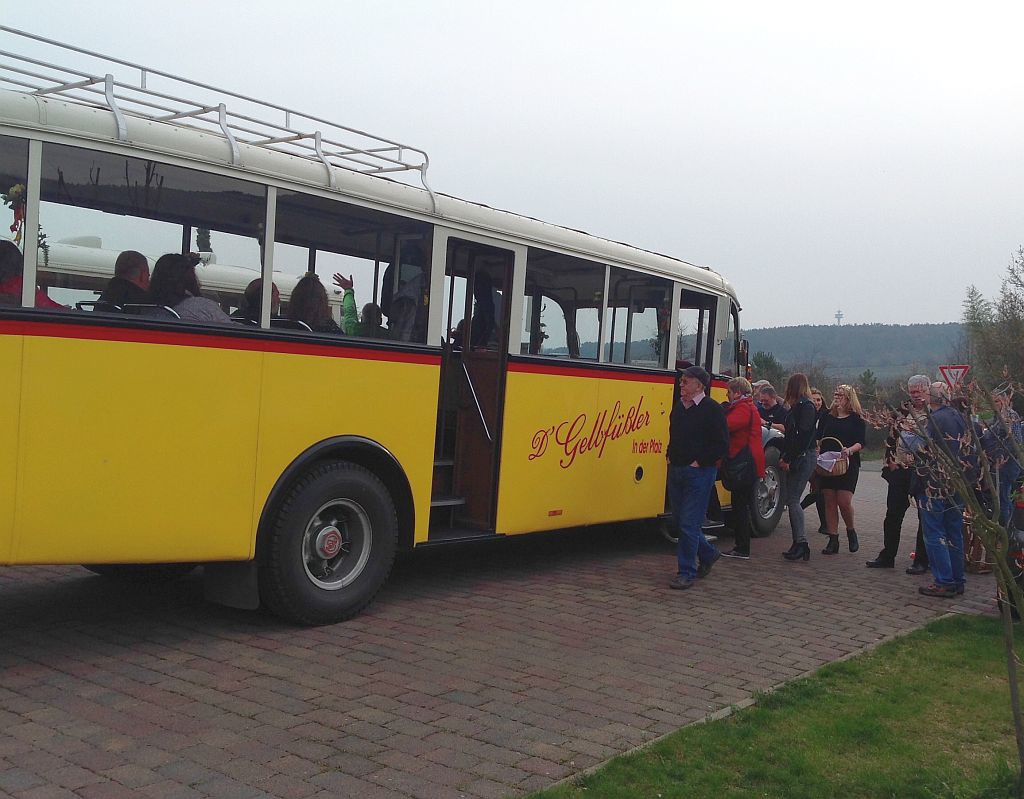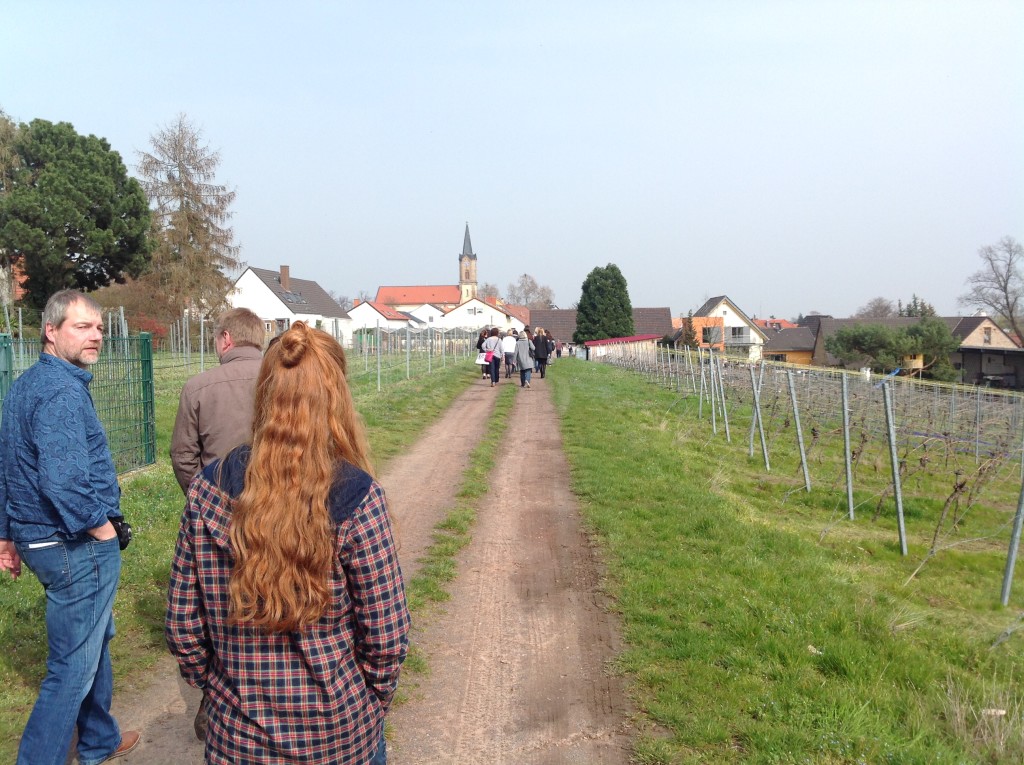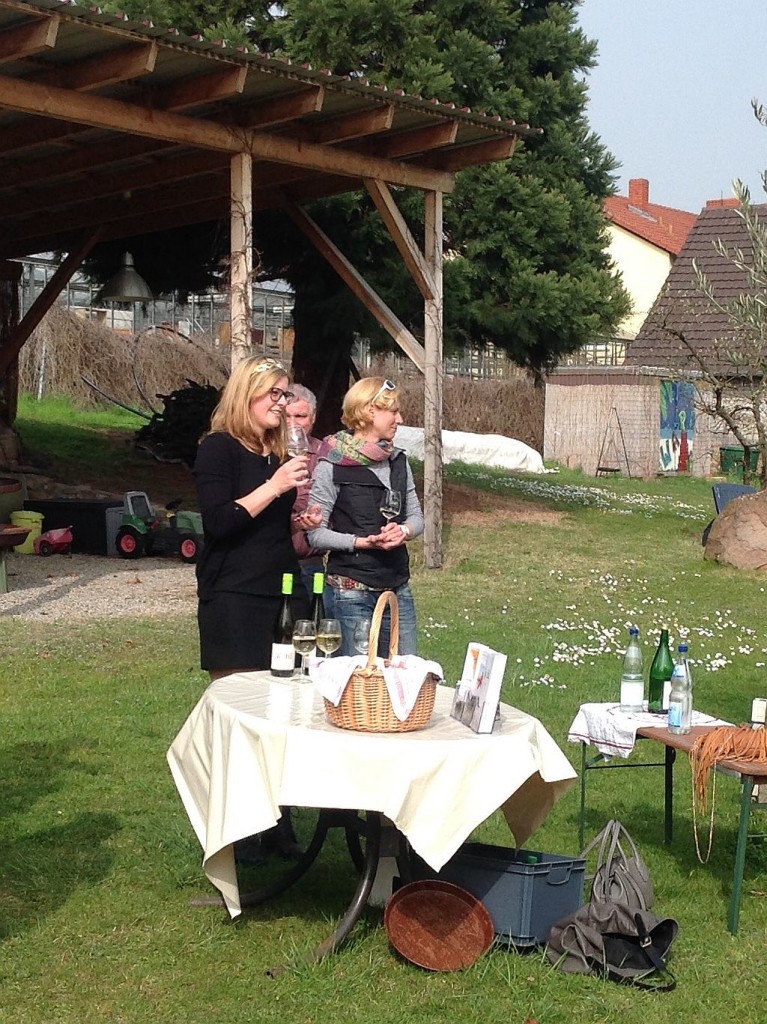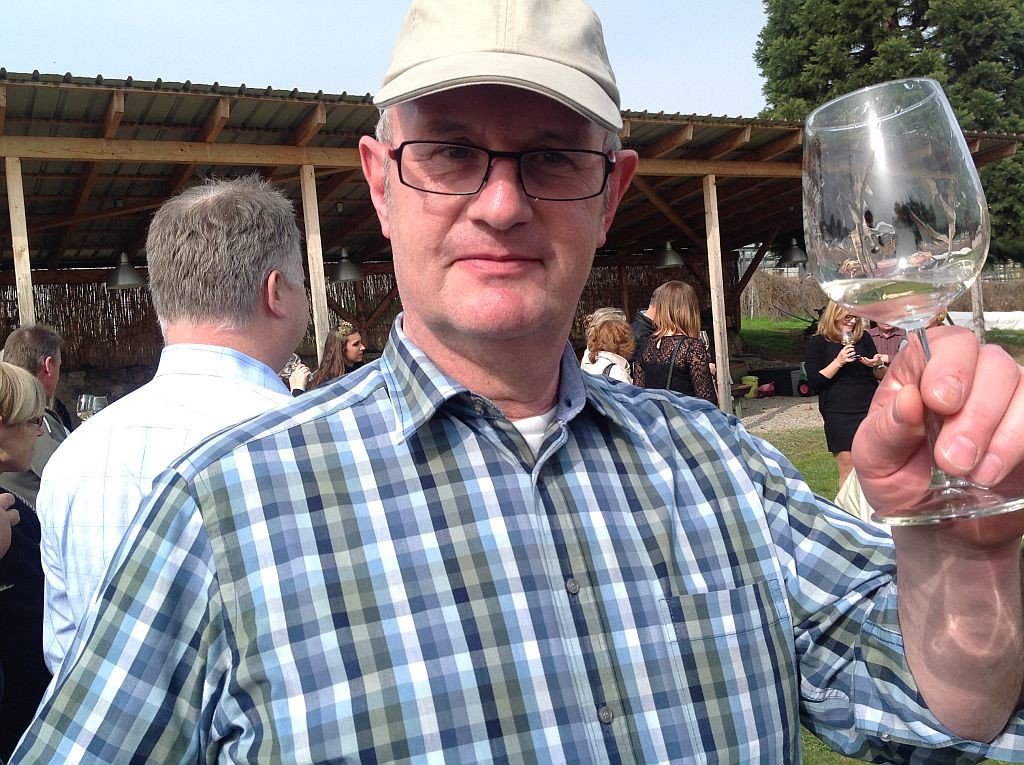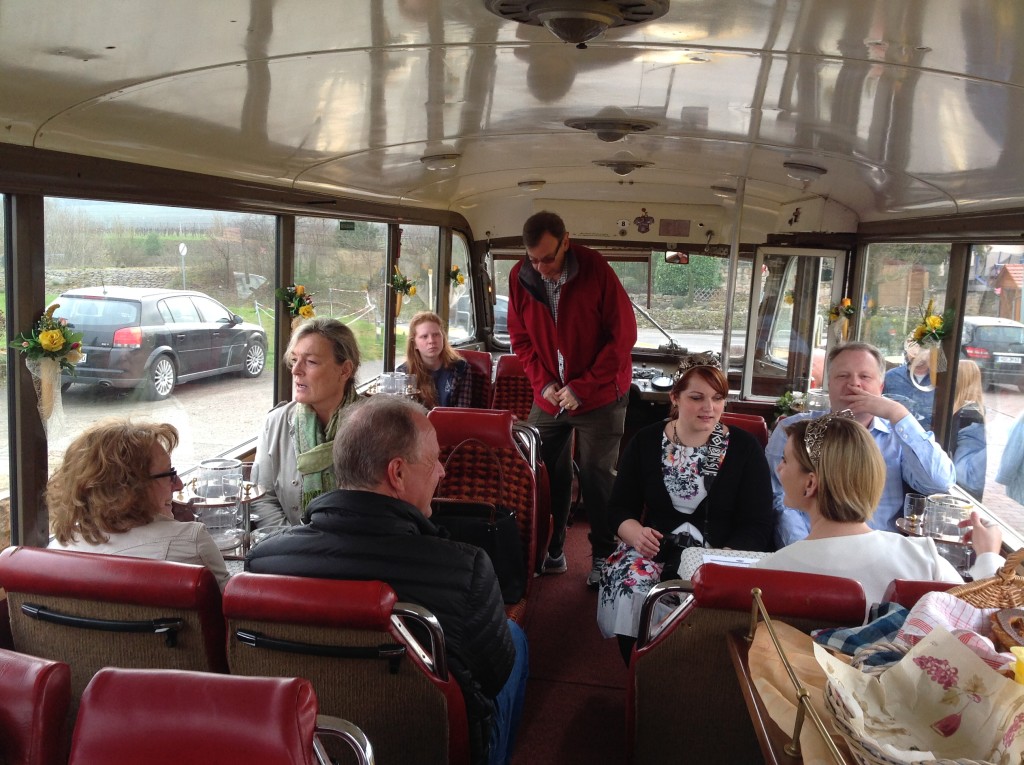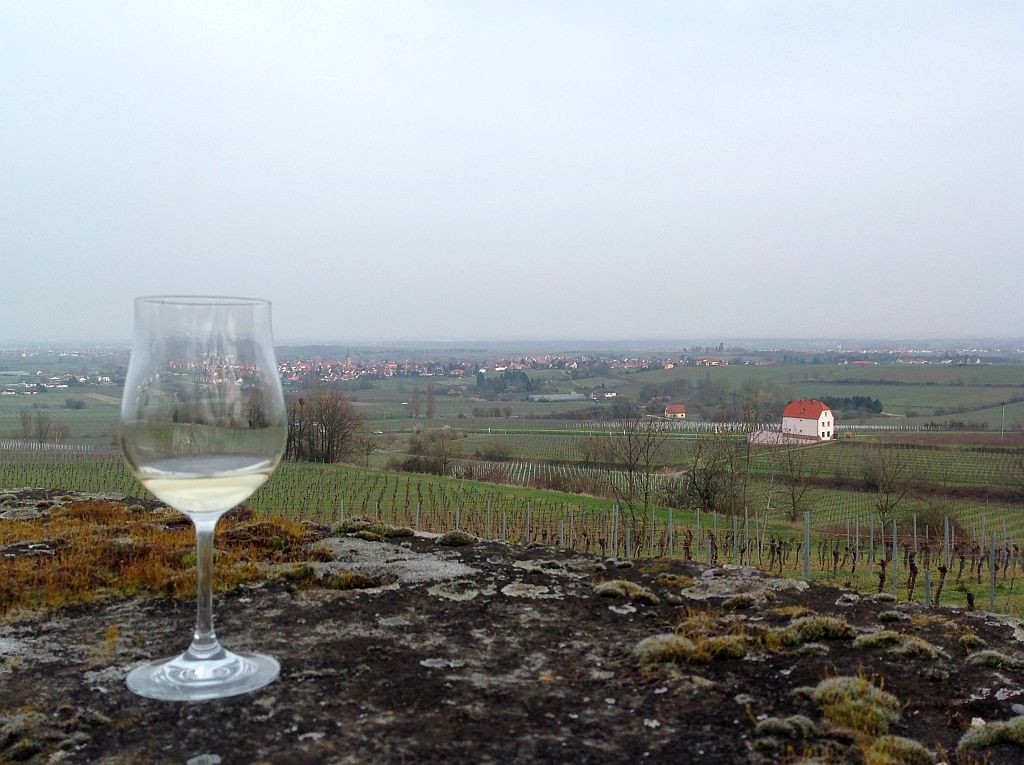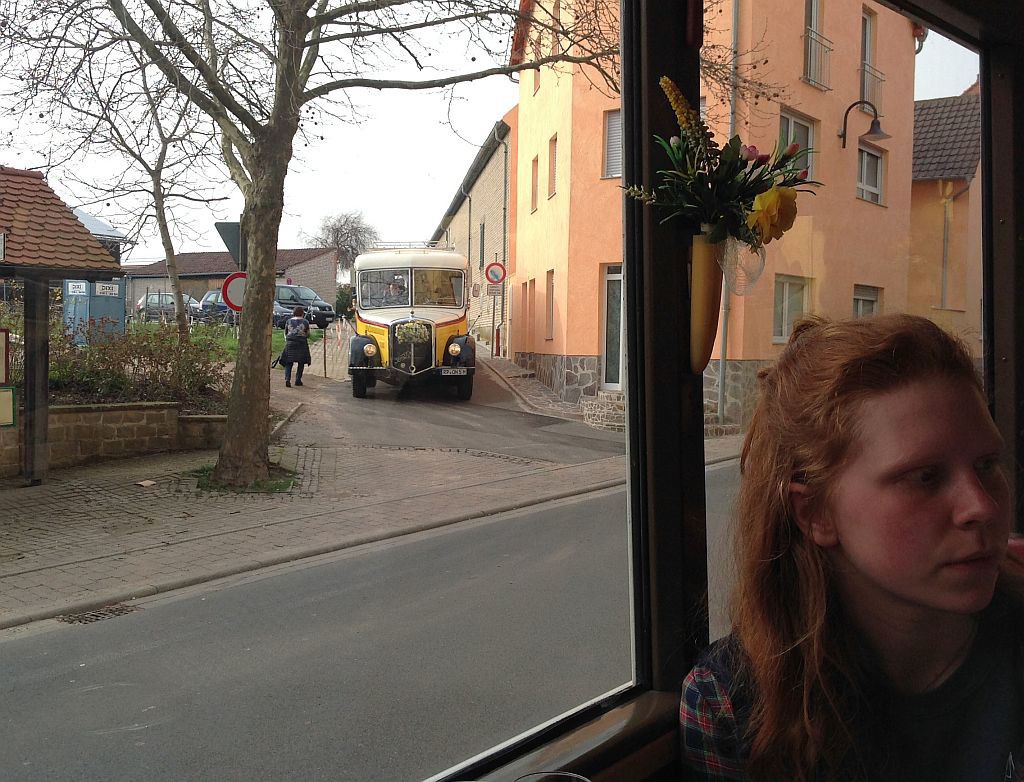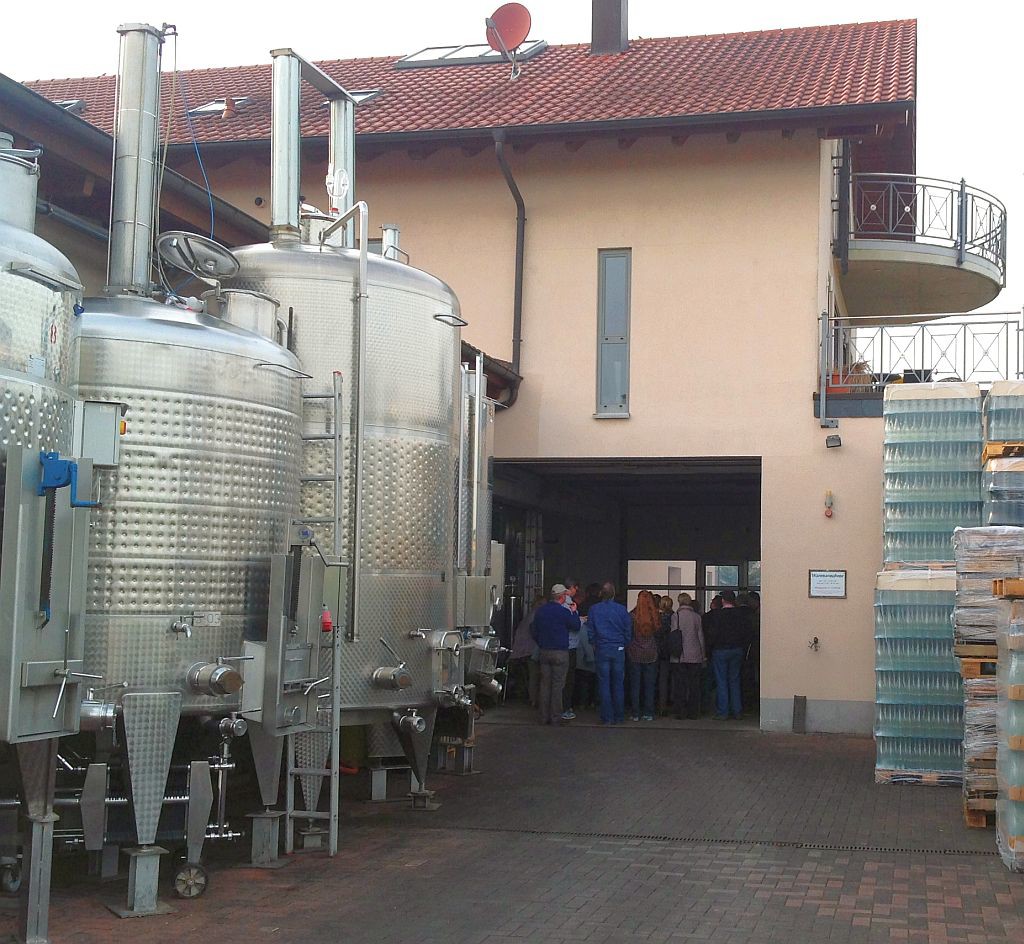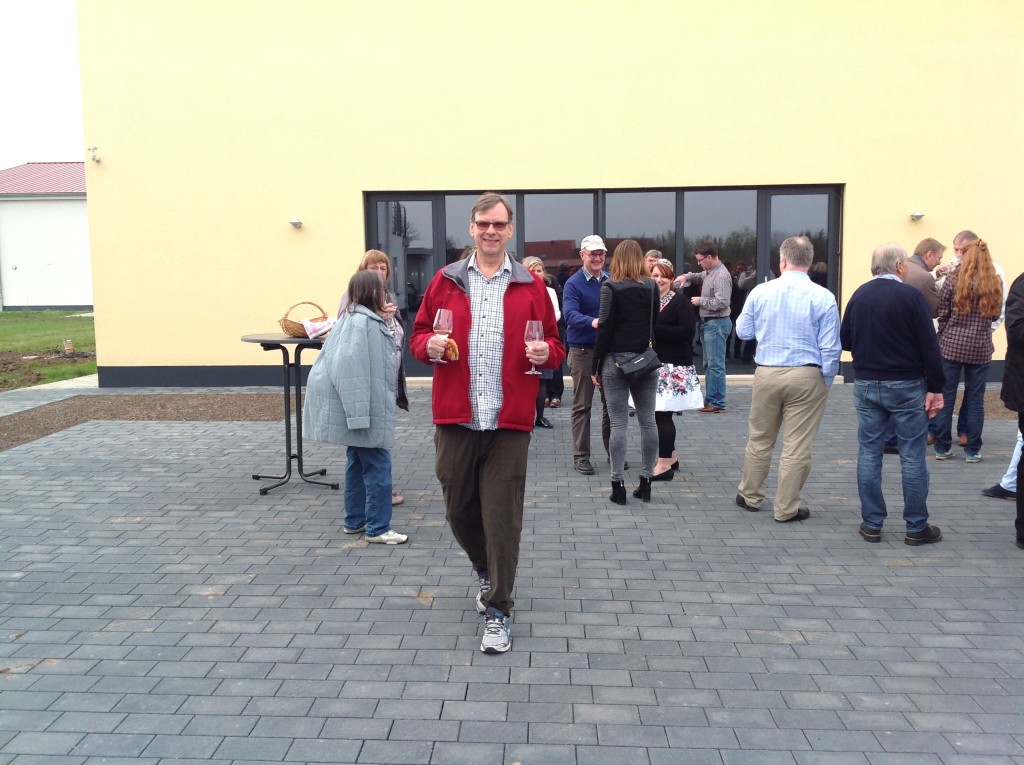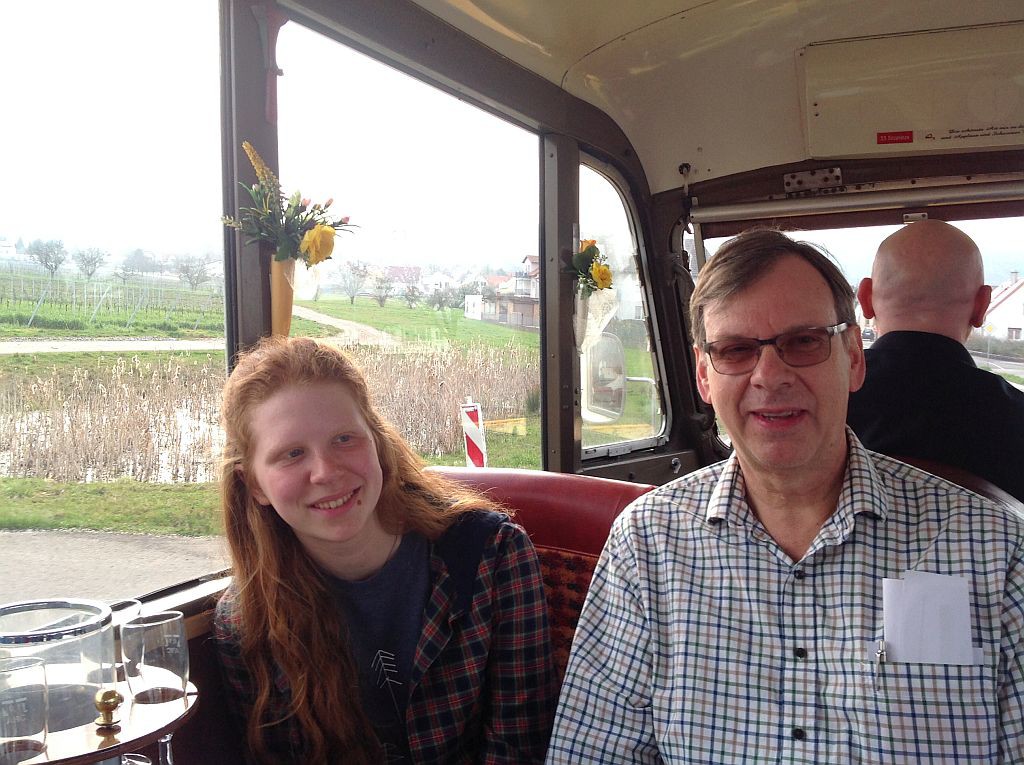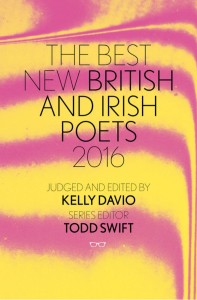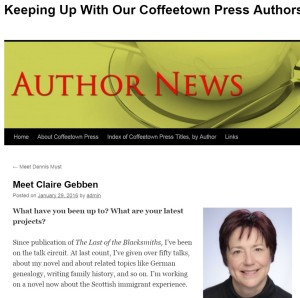
A pedestrian crosses the Brooklyn Bridge from Manhattan to Brooklyn on the morning of July 8, 2016 .
I have researched and written about 19th century immigration, but this time I’m talking about immigration in the here and now. Last July while visiting a friend in New York City, I was invited by her friend Judge Bloom to attend a Naturalization ceremony at Brooklyn Courthouse.
The Naturalization was scheduled for 11:00 a.m. When I arrived at 10:50, the Brooklyn Ceremonial Courtroom was standing room only. I wasn’t family — they sat in the benches off to one side. But I wasn’t being naturalized, either. I just wasn’t sure where to go. As I stood at the back surveying the crowd, two gentlemen in the last row cordially motioned me over and squeezed apart to make room.
The minutes ticked by, and the judge did not appear. To pass the time, I talked quietly with the men who’d offered me a seat, one from Bangladesh, the other from India. We shared our experiences and knowledge and hopes. The Bengali gentleman told me he is passionate about political science, and the gentleman from India said he preaches at Sikh temples all around the U.S. and in Canada. They both seemed impressed, even excited, that an American-born citizen would choose to attend the Naturalization.
After a long fifteen minutes, Judge Bloom appeared, saying she had just come from criminal court, and always looked forward to doing Naturalization ceremonies because it was the one moment in her week when people looked happy to see her. She opened her proceedings with startling statistics. The Brooklyn Courthouse conducted four such Naturalizations per week, hence admitted some 50,000 new citizens to the U.S. annually, making it the second busiest courthouse for naturalizations in the nation. Each ceremony generally involved people from 70-75 different countries.
Next, Judge Bloom led the gathering in the Oath of Allegiance. In advance of the reading of the Oath, it was stressed several times that every single person had to have the Oath of Allegiance out, paper visible in hand, and be reading from it out loud. When it came time to begin, since I was sitting in the “naturalization” section, everyone around me took out their paper, stood, and raised their right hand.
A bit awkwardly, I stood, too. A quick glance up front indicated clerks scanning the crowd to be sure everyone was participating, but I had no paper with an oath on it. So, trying not to call attention to myself, I did my best to fake it. I raised my right hand in a gesture of allegiance and repeated the oath, and even pretended to hold a piece of paper because they’d made such a big deal out of that. I felt a bit silly, like a baseball player in the team line-up mouthing the words of the National Anthem for the benefit of TV cameras. The oath concluded, we were all proclaimed U.S. citizens and welcomed to the United States. At that moment, I felt an irrational swell of joy.
That could have been the end, but after we were all seated again, Judge Bloom proceeded to read out the country of origin of every immigrant and asked each to stand and be applauded. The judge spoke then, about the Preamble to the Constitution with its emphasis on liberty, about the importance of voting (and paying taxes), and about the importance of being faithful now to the U.S., but also remembering one’s customs and language of origin. She stressed supporting children, hence the future, in every way possible, especially with regard to their education.
Sitting there listening, I marveled at how citizens rights and liberty are a big part of what have lured people to the U.S. all along. Even in light of this country’s many shortcomings. Even in light of racial divisions, class inequities, and a reckless lack of gun regulation, people still come. In what other country, I wondered, are Naturalizations so prevalent and diverse? And how can we as citizens make the U.S.’s founding principles of rights, justice, and liberty endure?
Judge Bloom ended by encouraging the new citizens to participate fully in their new country, especially by getting to know their neighbors, to express who they are and show curiosity about others. Afterward, in the back row, I congratulated the two brand new U.S. citizens flanking me on either side. They each handed me a business card, and I shared mine with them, and we wished each other well.
I left feeling more than a little inspired. These immigrants had welcomed me, a native-born American, into their fold, a little something called leading by example. I treasured the gift of their presence.



